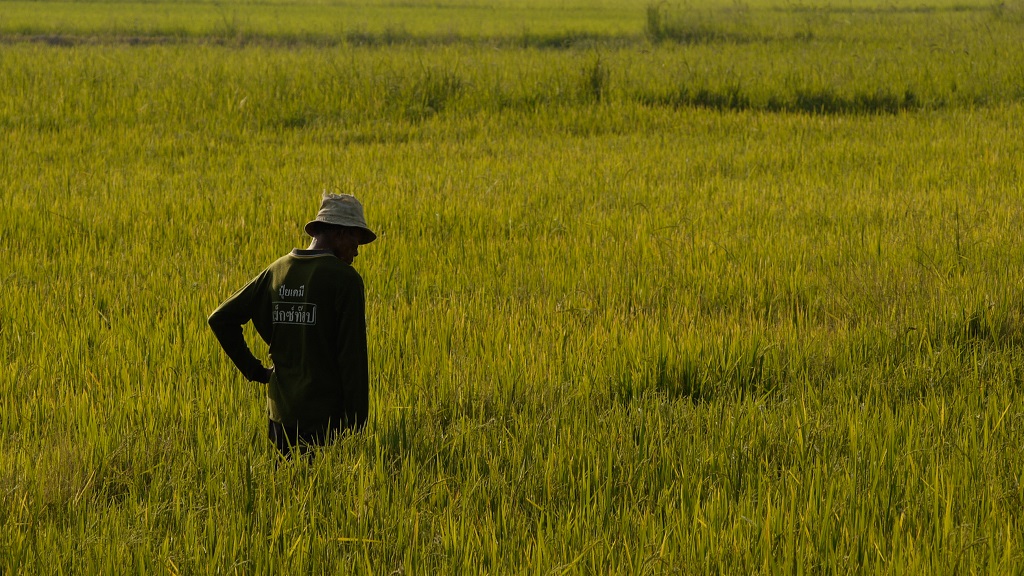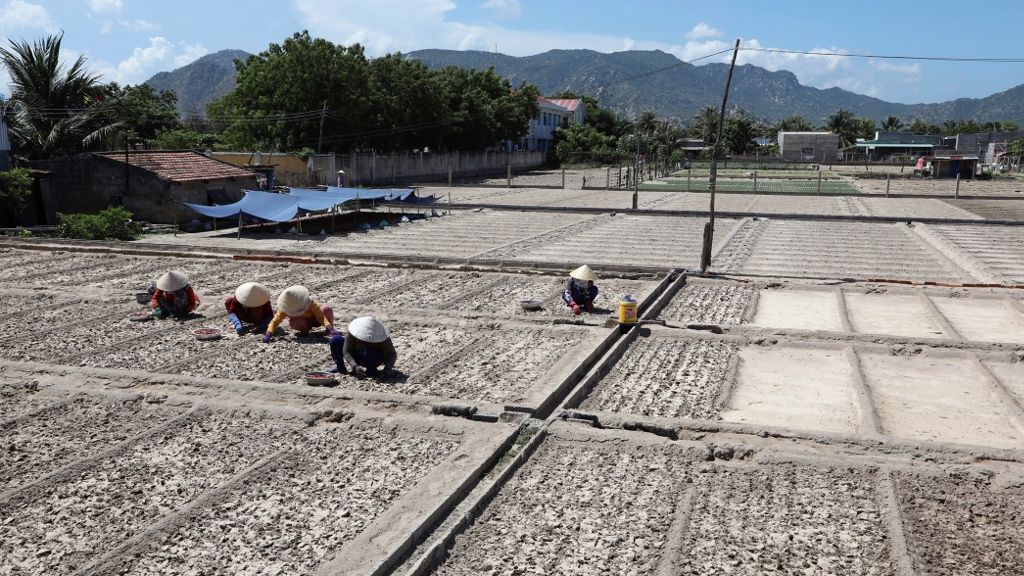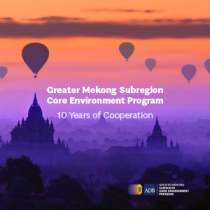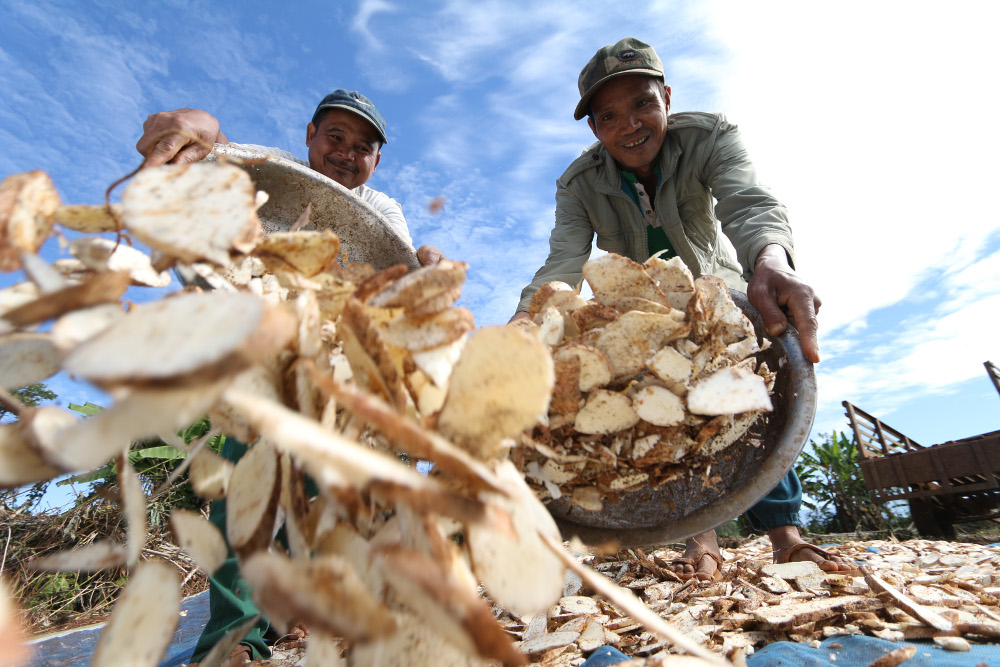
Lao People’s Democratic Republic: Agriculture, Natural Resources, and Rural Development Sector Assessment, Strategy, and Road Map
This publication provides an assessment of the agriculture, natural resources, and rural development sector in the Lao People's Democratic Republic and explains the country's and the Asian Development Bank's strategic investment priorities.









